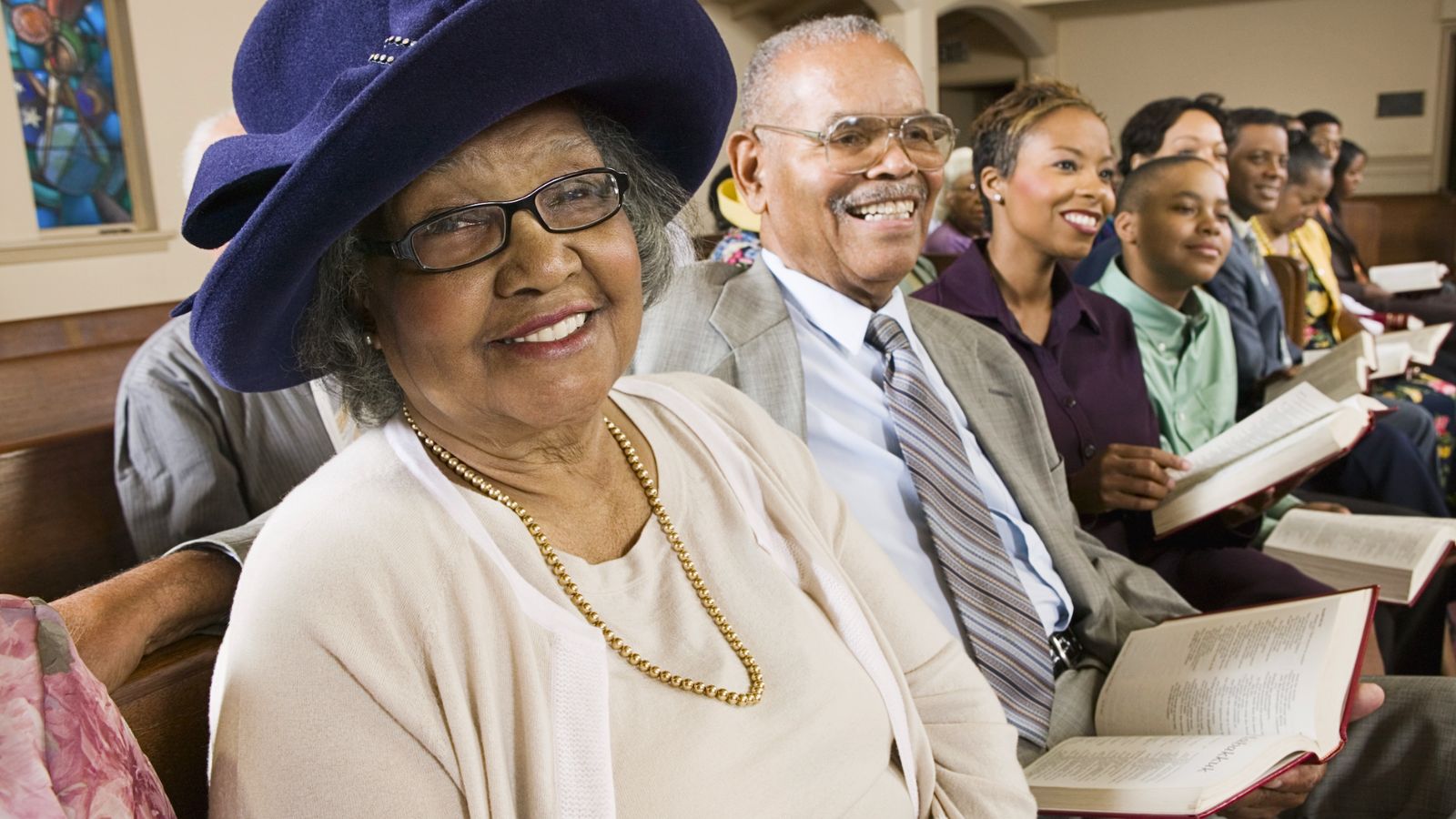Secularism is on the rise in the Western world, with fewer people attending church and more individuals identifying as atheists or non-religious. As societal values shift, churches are finding it challenging to stay relevant, particularly when trying to connect with younger generations. This article explores some of the major issues currently facing churches in their efforts to adapt to the modern landscape.
Mental Health and Pastoral Care

Providing support and resources for mental health within the church community can be challenging. Clergy and volunteers must be trained in recognizing and responding to mental health issues and balance the spiritual support they provide with understanding when professional mental health support is needed.
Outreach and Evangelism

Hundreds of millions of Christians identify as evangelical worldwide, but evangelism struggles to reach an increasingly secular society in the West these days. Some evangelical churches are turning to social media and digital platforms for wider outreach.
Financial Instability

Churches are struggling as donations are not matching the rate of inflation, and many are reporting that they are exceeding their budget. Lifeway.com recently published a study that revealed that half of Protestant pastors said the current economy is “negatively impacting their churches” and that “fewer than 1 in 10 say the economy is a positive factor for their churches.”
Interfaith Relations

Christians marrying within their faith is common in the UK, but many are marrying people from other faiths, or people who describe themselves as irreligious. Churches are having to navigate these theological differences between members of their congregations and their spouses to foster mutual respect and cooperation.
Maintaining Tradition vs. Innovation

As religion becomes less relevant in modern society, churches must balance the preservation of their traditional practices with the necessity of innovation to stay relevant. Some older, more traditional congregation members can be resistant to changes that younger members are interested in.
Legal and Ethical Issues

As churches modernize, they collect and store a significant amount of personal data on their congregations that must comply with individual’s rights to privacy. Additionally, while relying on volunteers can be a strength, it comes with ethical considerations, with background checks and safeguarding policies.
Cultural Relevance

Traditional sermons, pitches for donations, and the formality of churches are becoming increasingly unattractive to young Christians. NPR notes that “attendance is in steep decline, especially among millennials and Gen Z, who say traditional churches don’t speak to their realities.”
Environmental Stewardship

Over the past two decades, awareness and concern over the environment and climate change have grown among Christians and the general population. Congregation members are looking to their churches to promote sustainable practices within church operations and the wider community and integrate environmental concerns into teachings.
Accessibility and Inclusivity

Churches must ensure they are physically accessible to people with disabilities, for example, by creating wheelchair-accessible ramps. Cultural differences and language barriers can pose unique challenges, especially in areas with high levels of migration.
Volunteerism and Community Engagement

Encouraging active participation and volunteerism within the church and local community is increasingly difficult as Brits struggle with incomes that have not matched inflation. Many community members also suffer from burnout from working long hours or multiple jobs, making volunteering an unattractive prospect.
Political Polarization

Political tribalism is threatening religious freedom, and this politicization is driving people away from Christianity. People are becoming less religious as Christianity has become increasingly linked with conservative politics, something that is unavoidable as the British political landscape changes.
Church Governance and Accountability

Preventing corruption within churches and promoting transparency and accountability is a problem for churches worldwide. Community members want to know where their donations are going. While a percentage of donations are needed to run churches, they also want to know their money is going to charitable causes.
Disaster Response

As natural disasters occur more frequently worldwide, churches must prepare for and respond to them to support their communities. Churches increasingly engage in volunteer efforts, using their buildings as temporary shelters and providing food and clothing.
Declining Membership and Attendance

These days, more people describe themselves as atheists or irreligious in the UK than ever, and even those who describe themselves as Christians are increasingly skipping church attendance. There are all sorts of reasons for this, such as busy lives and a rise in secularism. Either way, it’s not good news for the Church.
Spiritual Apathy

Spiritual apathy, or a lack of engagement and interest in Christianity and religion in general, is becoming more common in the UK. It is now acceptable and widespread to lack spiritual curiosity, which would have been unacceptable for much of human history.
Leadership Challenges

Finding and training priests, pastors, and deacons is increasingly difficult as society becomes less religious. Individuals can be reluctant to take on leadership positions because of unclear expectations, worries about time commitment, and a desire to avoid controversy.
Engaging Youth and Young Adults

Younger demographics are among the least likely to attend church and to identify as Christians. Many are uninterested in traditional sermons and mass, so churches must find new ways to engage with them. Some churches are engaging with younger people through volunteer projects and community gardens.

